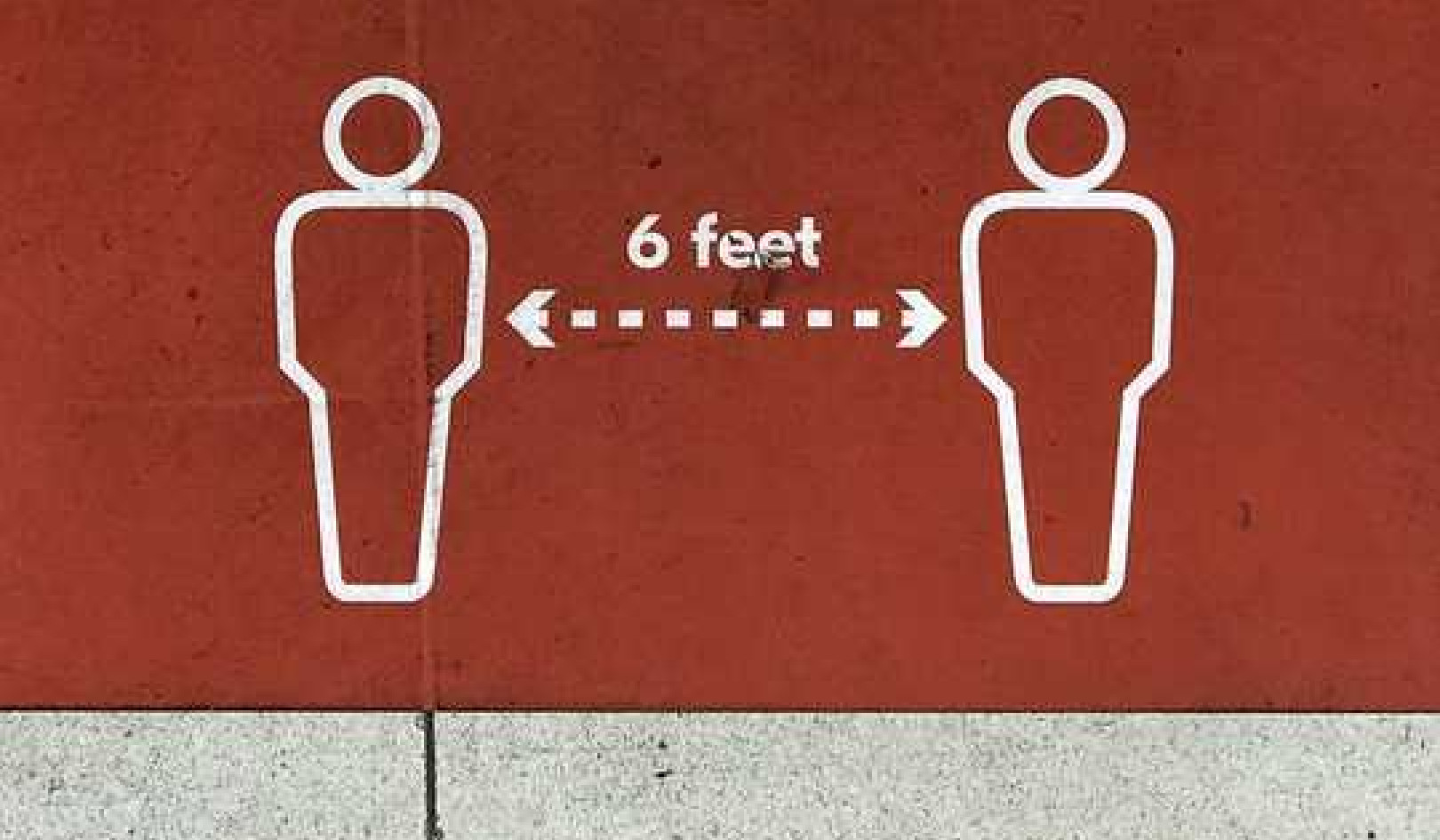
In the Kabbalah of the Jewish tradition, the soul is not something that needs curing from some affliction so much as needing tikkun, to be repaired. This is not only the soul of the individual but that of the world. This story is based on the idea that repairing the soul by mending the tear in our relationship to the aliveness of the Divine Presence is the way to supreme joy.
Suffering and sorrow comes when we think that life is a problem and unfixable, when we have forgotten the "I am," the Divine Presence in each moment. It is said that if one person truly knew how to fix the soul by celebrating the Divine Presence in life, then that person would repair the whole world.
This version is an adaptation of a story told by Rabbi Shlomo Carlbach and included in the book Shlomo's Stories.
The reigning Monarch of the World, the King of Suffering, wanted to see if the world was still in good shape -- that is, if everybody in his realm was sad, fearful, and dissatisfied. For, as you know, what makes a sad person happy is to meet others who are sad. This gives them at least some satisfaction.
So the King of Suffering, disguised in the clothing of an ordinary person, walked all over the world and came back to the city of his palace with deep satisfaction. The entire world was miserable. He had not met one happy, fully present, and peaceful person.
But as he approached his palace, the most horrible sound greeted his ears. The sound of genuine celebration and praise. He traced where the sound came from and found a small shack that was falling apart. He went closer and peered through the window and saw a man sitting at a table with his wife. The table had a simple meal of a few fruits and vegetables, some bread, and a bit of wine to drink. As the couple sipped the wine and tasted the fruits, the man rejoiced in song. There was no doubt that this poor person was happy and serene.
This could mean the end of my kingdom, thought the King, knowing that true happiness is contagious. The King decided to investigate this situation himself since he did not trust any spies or assistants in such an infectious situation.
Still in disguise, the King knocked on the door, and when the man asked who it was, he told him that he was a wanderer, and asked if he might be accepted as a guest. The man immediately opened the door and invited the wanderer to join them to share what little food they had. Then he resumed his joyful celebration. After a while the King said, "My friend. That is quite some song you are singing. Who are you?"
"I am a simple, poor Jew and I am a Fixer! I can repair anything. I wander the streets of the world and announce, 'I am a Fixer! Is anything broken in your home? Bring me your broken hearts, your broken lives! Bring me your broken world. I'll mend it for you. It won't cost you much. Just a few pennies -- enough to buy myself a small feast. Because we must have something to eat and offer in our celebration and our praising of the Divine.'"
The King was nervous. Suffering people don't really celebrate. They shovel food down their throats like addicts. They miss the taste. They don't give real thanks and praise for God's gift of aliveness. Only happy people do that. Only they celebrate and experience the transcendent joy of their everyday meals as a feast at God's table.
The King knew he had to test this man and show him the path of suffering. He returned to his palace and prepared a proclamation. The next day when the Fixer walked the streets of the world and began to announce, "I am the Fixer! Bring me. . . ," the people opened their windows and cried out, "Shhh! Didn't you hear? The King made a new decree! No more fixing!"
What a terrible situation! The Fixer was out of a job. He knew he needed to earn something in order to have his feast to celebrate and praise. So the Fixer wandered through the streets of the world sure that something would turn up. He came upon a well-dressed woman carrying water.
He thought to himself, "I can do that. From now on I will be a water carrier." So he went to the market and bought a water jug, filled it with water from the central well, announced he had water, and found people who would pay a few pennies for him to bring them water. By the time evening came, he found that he had as much money as usual, which was enough for his wife and himself.
That night the King, again disguised as a wanderer, returned to the shack of the Fixer to see how he was faring after the order he had given. The King was astonished to once again hear rejoicing and to see that the man and his wife were as happy as ever. He knocked and was invited in to share in the feast and celebration. The King asked about the man's day and was told the entire story and the good fortune that came of everything. "The King closed one door," said the man reflectively, "and life opened another."
The King was understandably distressed and excused himself to hurry back to court and make another proclamation. The next day, when the Fixer returned to the well, he discovered that his occupation had been outlawed by the King. Again he was out of a job.
He looked around and saw some woodcutters passing by and asked if he could join them. They said, "Sure!" for they could use more hands. So the Fixer cut wood all day, and when they all returned to town and sold the wood they had cut, the Fixer found that he had earned as much from cutting wood as he had from carrying water and repairing what is broken.
Of course, dear friend, you can guess what happened next. That's right. The King came around that evening to find the Fixer and his wife rejoicing and was invited for dinner and told of the day's events.
And yes, you know what the next part of the story is. The King banned woodcutting and the Fixer found something else. The Fixer and his wife would celebrate and praise, the King would visit, find out what the Fixer did each day to earn his feast, and then outlaw that occupation. There were decrees against washing floors, lifting stones, baking bread, collecting garbage, and delivering mail. He even forbade cleaning out public toilets. Whatever service the Fixer found to do, the King took away until the entire kingdom was falling apart and stinking. And people suffered even more.
Now the King, who was frustrated that the Fixer always found something to do to earn his feast and have his celebration, decided on another course. He sent the captain of his guard to where he knew the Fixer would be looking for work. The captain was ordered to draft the Fixer into the palace guard.
The Fixer was outfitted with a new uniform and a bright sword that he never intended to use, being the peaceful soul that he was. He stood guard all day at the palace. When he went to the captain for his wages at the end of the day, he was informed that guards only received their wages at the end of each month and that he would be paid in thirty days. He couldn't convince the captain to loan him even two pennies.
The Fixer and his wife needed to have their feast and celebration because he knew that as long as there's at least one or two people in the world who keep the joy of the Divine Presence alive, there is the possibility of everyone realizing happiness.
So leave it to the Fixer to fix everything. On his way home, he chanced upon a pawn shop, marched in, and sold his sword. He made enough money to live for a year. Then he fashioned a new sword out of wood and put it into the sheath. On his way home he bought some fruit, vegetables, bread, and wine for the nightly feast and celebration.
What a surprise it was for the King that night when he came by and found the couple celebrating and praising the Divine. The King asked the man about his day and received the whole story. When the King asked him what he would do if the King discovered the fake sword and imposed the punishment of death, the man replied, "I am not going to worry right now about things that haven't happened. I will find a way or I won't. I am celebrating now."
The King couldn't sleep that night as he figured out a way to finally trap the Fixer. The next day when the palace guards came to their posts, the King ordered that they report to the civic center. There was to be an execution that day, and it was the custom for all citizens of the world of suffering and sorrow to witness the sentence being carried out.
At the appointed time, everyone assembled as the execution was about to take place. The King, dressed up in his royal attire, strutted up to the Fixer and said to him, "I, the King of the World, appoint you to use your sword and cut off the head of this man, condemned for stealing a melon from the palace garden."
Leave it to the Fixer not to get upset. "With all due respect, your highness, I have never even killed a fly. Do not insist on this execution."
The King started yelling like an enraged bull. "Are you going to defy your King?" He started to choke on his own words. "If you don't carry out the order to execute this man, you will be killed right now!"
Friends, only confused and suffering people are afraid of everyone else. If you are connected to the true Presence, you remain calm.
So the Fixer turned to the assembled throng. He praised the Divine and said to everyone, "You all know me, and the Lord knows me, as the Fixer and that I would never kill an innocent person. I repair what is broken in your hearts and your lives. I have an unbreakable connection to God and so I know that when a man is guilty," (he put his hand on the hilt of his sword) "my sword is a sword that will kill. But when a man is innocent, then my sword turns to wood in my hand."
He unsheathed his sword and waved the wooden facsimile in the air. And when everyone saw that it was wooden, the crowd gasped, then clapped and then cheered and rejoiced.
And so the Kingdom of Suffering and Sorrow began to crumble. Even the King was duly impressed. He hired the Fixer as his prime minister and asked him to transform the kingdom.
And that night, everyone feasted and celebrated and sang songs of praise for the gift of aliveness and the treasures of the Divine.
Reprinted with permission of the publisher,
Red Wheel/Weiser LLC. www.RedWheelWeiser.com
Article Source
Embrace Yes: The Power of Spiritual Affirmation
by Martin Lowenthal.
 In this powerful book Martin Lowenthal leads a journey to the very heart of spirituality, a journey of acceptance and aliveness through affirmation. By affirming what is in our hearts, writes Lowenthal, we embrace our aliveness and the reality of life in the moment. And only through acceptance, openness, and affirmation can we ever really be present and complete. Poetry, fables, and religious teachings drawn from many different traditions are presented in short sections designed to give readers the opportunity to meditate and reflect on the wonderful aliveness of affirming reality as it is now, and living with an attitude of Yes.
In this powerful book Martin Lowenthal leads a journey to the very heart of spirituality, a journey of acceptance and aliveness through affirmation. By affirming what is in our hearts, writes Lowenthal, we embrace our aliveness and the reality of life in the moment. And only through acceptance, openness, and affirmation can we ever really be present and complete. Poetry, fables, and religious teachings drawn from many different traditions are presented in short sections designed to give readers the opportunity to meditate and reflect on the wonderful aliveness of affirming reality as it is now, and living with an attitude of Yes.
Info/Order this book. Also available as a Kindle edition.
About the Author
Martin Lowenthal, Ph.D. is the founder and spiritual director of the Dedicated Life Institute, Senior Mentor, meditation teacher, pastoral counselor and co-author of the book Opening the Heart of Compassion. Formerly a professor at Boston College for 11 years, and having taught for Harvard University, Dr. Lowenthal currently teaches throughout the United States and internationally. He has developed many workshops, courses, and retreats designed to clarify and transmit key principles and practices of the great spiritual traditions.

























